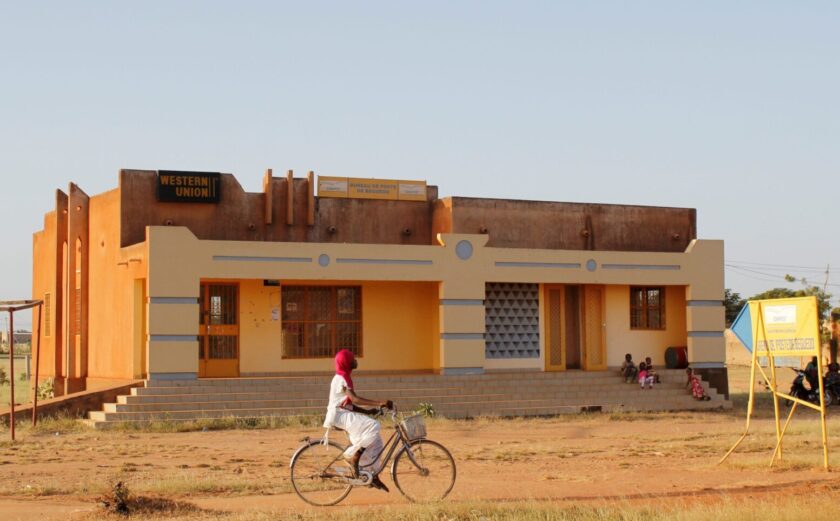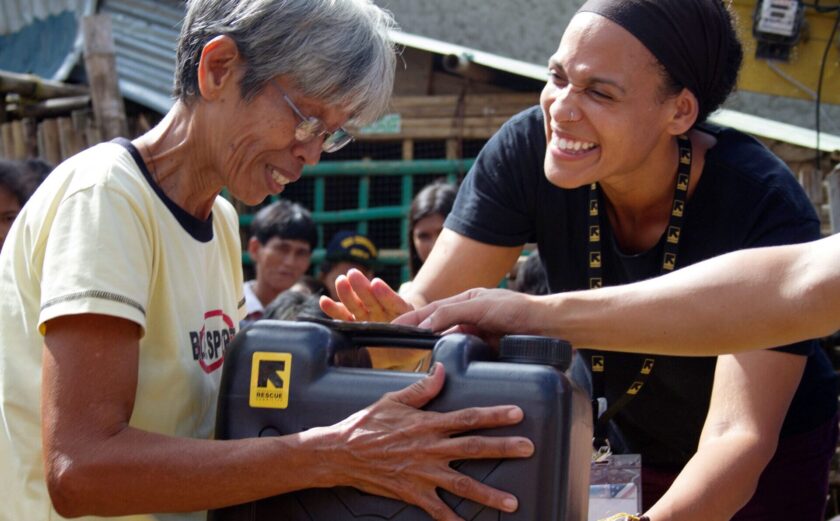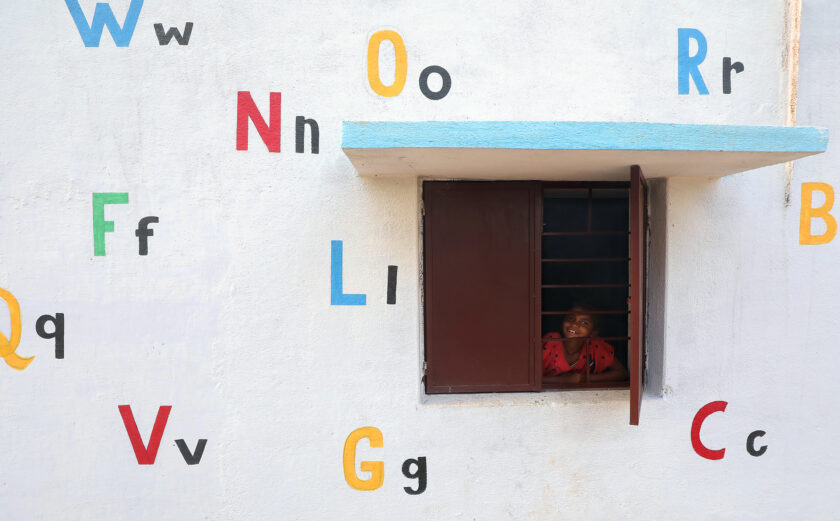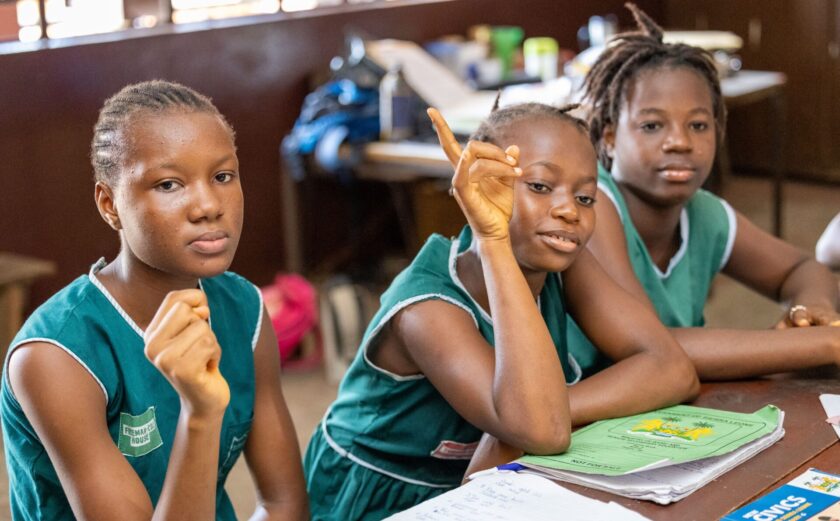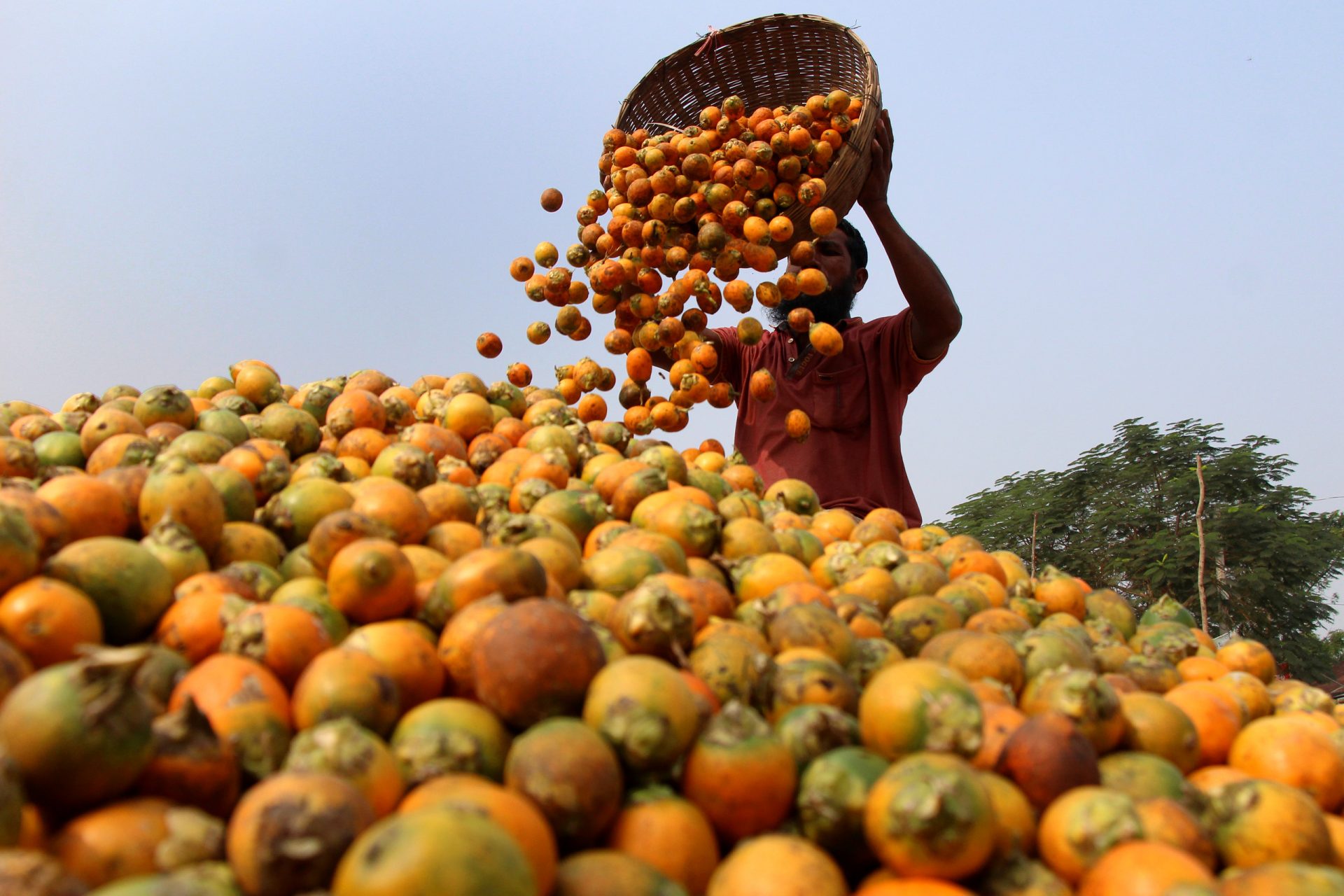
How Policy Evolves
A Comparative Analysis of the Global Food Security Act of 2016 and The Global Food Security Strategy 2022-2026
InterAction developed a comparative analysis of the Global Food Security Act of 2016 (GFSA) and the Global Food Security Strategy (GFSS) 2022-2026 to help policymakers and InterAction Members understand how the U.S. Government’s global hunger and food security initiative, Feed the Future (FTF), has evolved since its creation.
FTF started in 2010 in response to the global food crisis of 2007 and 2008. The GFSA later codified the initiative in 2016 and in its 2018 reauthorization. FTF represents the U.S. Government’s global leadership in reducing global hunger, malnutrition, and poverty sustainably. The GFSS 2022-2026 charts a new path forward for FTF to meet today’s global crises: COVID-19, climate change, growing conflict, and rising inequality.
In 2023, the Global Food Security Act (GFSA) is up for reauthorization.
The GFSA reauthorization is a significant opportunity for Congress to strengthen Feed the Future to make it more multisectoral, transparent, and supportive of smallholder farmers and amplify the gender and nutrition focus within FTF programming.
InterAction’s Food Security, Nutrition, and Agriculture (FSNA) Working Group was actively involved in the original 2016 passage and the 2018 reauthorization of the Global Food Security Act. As part of the development of the GFSS 2022-2026, InterAction convened a series of consultations with local leaders, Feed the Future implementers, and NGO Members across our related policy working groups to understand the role of FTF programs in global food security efforts. Through these consultations, InterAction developed NGO recommendations for the GFSS in June 2021.
The comparative analysis uses these NGO recommendations to highlight six enhanced language or policy areas in the new iteration of the GFSS (2022-2026).
The six areas below represent a shift in topics and language from the GFSA 2016 to the GFSS (2022-2026) that are important to the InterAction community.
- Specification of country selection and the targeting approach for FTF Programs.
- Increased focus on locally-led development, capacity building, and local ownership.
- Diversified partnerships and expanding research investments beyond innovation labs.
- Incorporation of climate change.
- Integration of conflict mitigation, peacebuilding, and social cohesion.
- Accountability: improving metrics and evaluation.
Access the comparative analysis between the Global Food Security Act of 2016 and the Global Food Security Strategy 2022-2026 HERE.
InterAction’s Food Security, Nutrition, and Agriculture Working Group will continue to track and engage in the progress of the Global Food Security Act Reauthorization and GFSS 2022-2026 implementation.
For further information or to arrange a time to discuss more in-depth with Working Group members, please contact Breanna Gomillion, bgomillion@interaction.org, or Sara Nitz Nolan, snitz@interaction.org.
